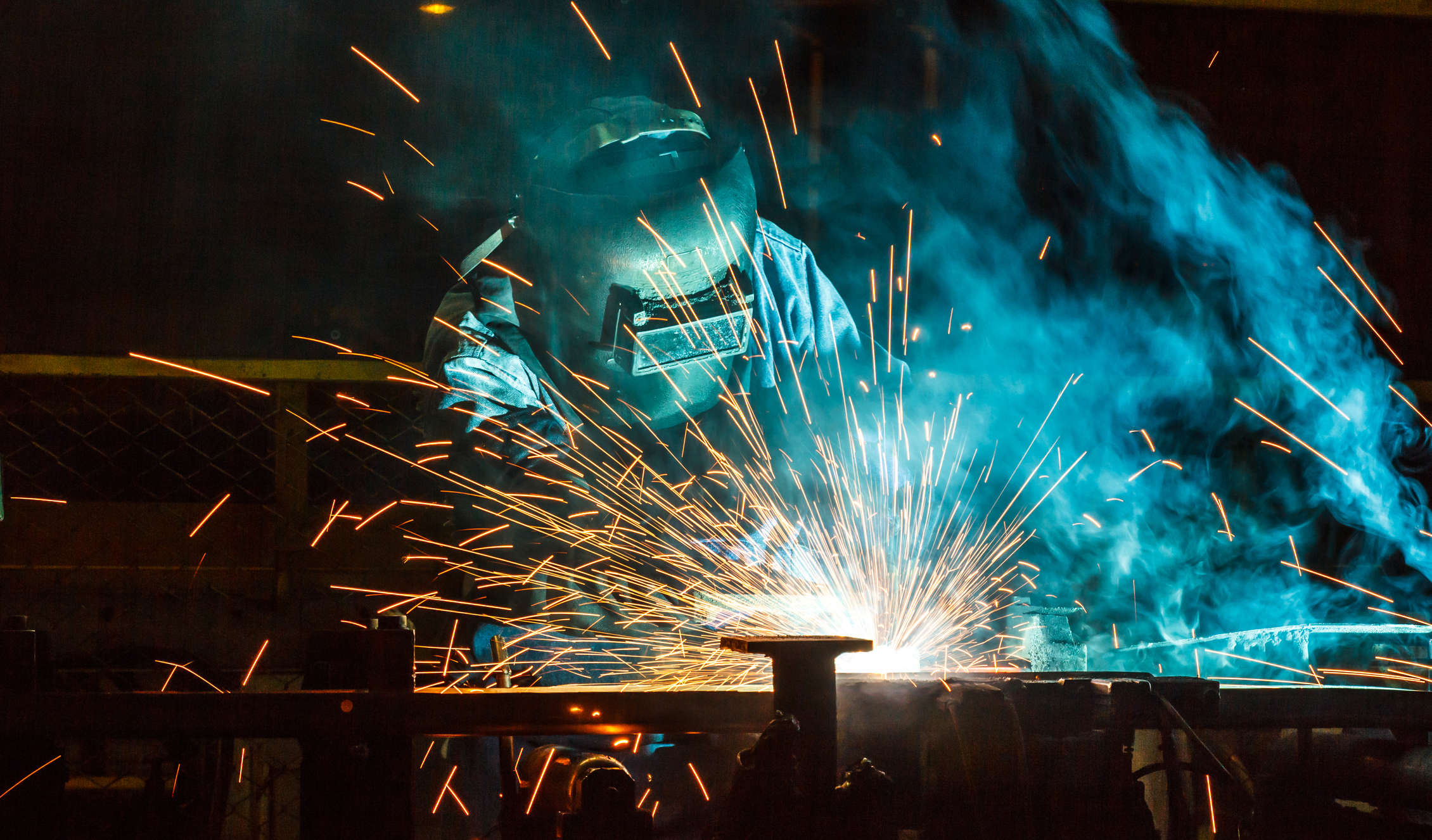
New Delhi: When the automotive small and medium enterprises (MSMEs) began to come out of a year of slow down and lost business they were faced with a still worse calamity in the form of the second wave of the COVID-19 pandemic across the country.
From mid-April 2021 capacity utilisation of most of the auto sector MSMEs began to fall owing to labour shortage, lack of orders, and disruption in cash inflow.
Unlike OEMs and tier-I component makers, MSMEs depend entirely on regular cash inflow to stay afloat as they have hardly any cash reserves to withstand continuous suspension of work. Industry insiders say that most of the MSMEs are struggling to pay salaries and run their daily basic operations.
More than 85% of the Indian component industry are MSMEs, majority of which are Tier-II and Tier-III players that supply parts and sub-assemblies to Tier-I players, the replacement market, and OEMs. Unfortunately, they’ve also been one of the hardest hit sectors of the economy amid the pandemic.
Due to the regional lockdowns and infection concerns OEMs have shut their plants and reduced requirements. As a result a minimum 50% work orders have dried up. Also, many of us are not left with enough cash to purchase raw materials for the orders coming our wayPiyush Tamboli, CMD, Investment Precisions Casting
“Nearly 50% of MSMEs in the top clusters of Mumbai-Pune, Delhi-Gurugram-Faridabad, Chennai Jamshedpur-Kolkata, Ludhiana-Jalandhar, Sanand, and Pithampur, have witnessed a 20%-50% impact on their earnings. Almost all of them do not have enough working capital for wages and bill payments,” an industry expert, who did not want to be named, said.
Small suppliers ETAuto spoke to said that the situation on ground is very bad.
“Amid rising cases and restrictions across states, the migration of workers from the plants has been on the rise and this is creating fresh problems for the component and parts suppliers. Around 20% of workers in the Chakan region have left due to fear of COVID-19 infection. Besides, retaining willing workers or recruiting fresh ones have also become very expensive owing to the COVID protocols,” A senior spokesperson of Chakan Industries Association said.
In the Chakan belt, which is one of the largest auto hubs in India, the ratio of permanent and the contract labour in these MSMEs stands at 60:40, the person mentioned above said, adding that while permanent workers stayed on the contractual ones have gone back.
Work orders decline
The situation is similar in Gujarat also. Another issue, according to a leading MSME player in this region, is that the supply chain disruption at OEM level is causing a ripple effect as orders from the suppliers have slowed to a trickle.
“Due to the regional lockdowns and infection concerns OEMs have shut their plants and reduced requirements. As a result a minimum 50% work orders have dried up. Also, many of us are not left with enough cash to purchase raw materials for the orders coming our way,” Piyush Tamboli, CMD of Bhavnagar-based Investment Precision and Castings, and chairman – western region, ACMA, said.
Diversion of oxygen from the industrial units has also exacerbated downside risk for this sector, he said.
“Auto parts makers need oxygen for moulding, fabrication and die-casting of vehicle components. Prolonged curtailment of oxygen will damage our revenue stream as we will not be able to complete even the existing orders on time. Our oxygen inventory is running out quickly,” Tamboli added.
Rating agency CRISIL in its report last month noted that the disruption in the supply of oxygen for industrial use would temporarily impact the revenues of small and mid-sized companies into metal fabrication, automotive components, ship breaking, paper, and engineering. The disruption in oxygen supplies for industrial use will be for 6 to 8 weeks, it noted.
These small companies know a complete recovery is a long way off. The next few months will be an uneasy time in business districts across the country. With cities reopening and more people vaccinated, office workers are expected to return. That will keep small business owners waiting and wondering, with varying degrees of optimism.
Moreover, many parts suppliers said that their biggest immediate concern is fixed operating costs, those expenses that do not go away when a business is shuttered. To reopen successfully, they said, they could be helped by access to working capital loans, clear communication from the government, guidance on worker safety, and coordinated reopening rules across jurisdictions.













